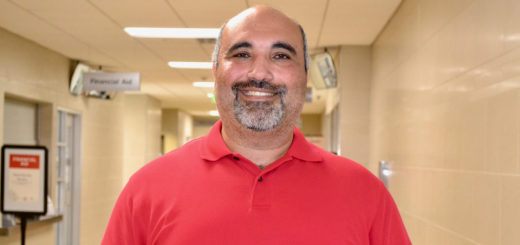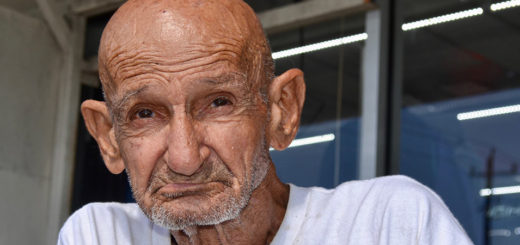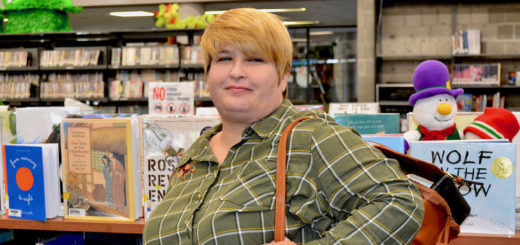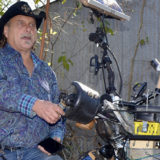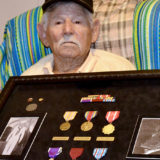Making a difference for veterans with health issues
Sometimes, one incident can change your path in life. For Derek Coy, it was the death of a close friend to gun violence in 2004.
“He was everybody’s best friend. It was one of the hardest things I have been through, mostly because it was so unexpected,” said Derek, a 2003 graduate of Robert E. Lee High School in Baytown. “I never knew the details, other than reading it was a case of mistaken identity.”
Shaken by the shooting, Derek felt like running away. “And the Marine Corps was happy to have me,” he said.
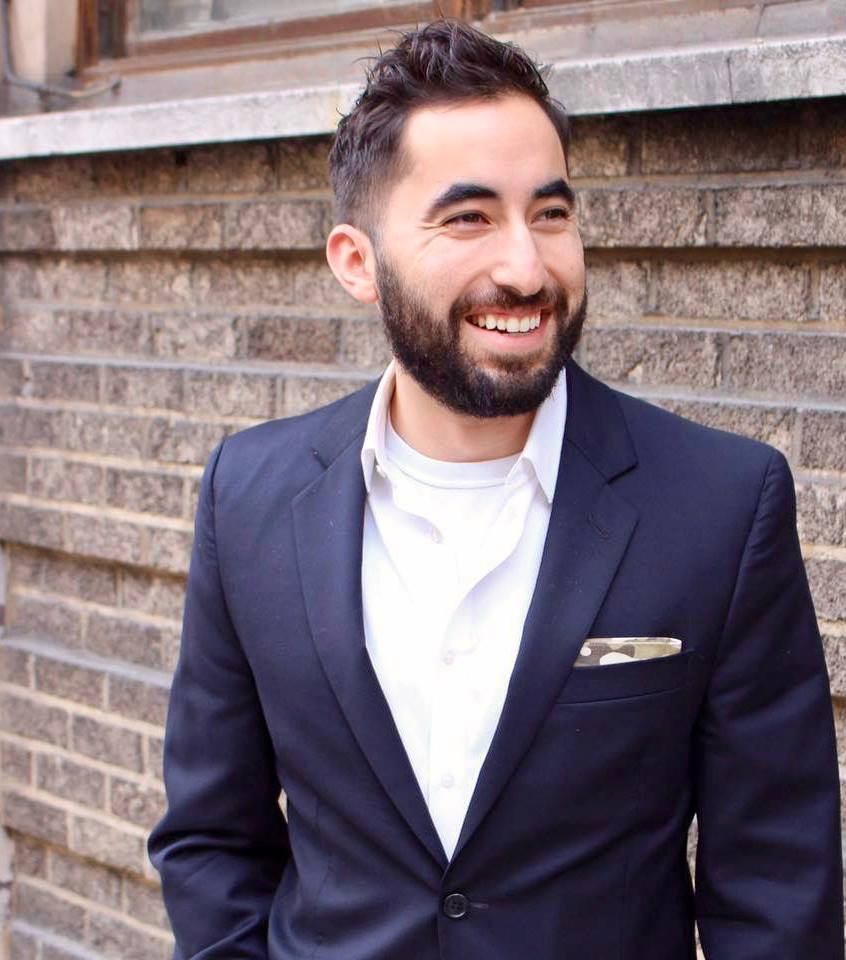
Derek Coy is veterans’ health officer for the New York State Health Foundation.
Less than a month after the funeral, Derek was being sworn in. Within a year, he was stationed in Iraq.
“It changed my life profoundly,” Derek said. “But through this terrible loss, my life gained meaning, purpose and direction.”
Military trauma
A third-generation Marine, following in his father’s footsteps, Derek rose to the rank of sergeant. He served a year-long deployment to Iraq’s Anbar Province and another aboard the U.S.S. Essex in a humanitarian and training capacity with countries across Southeast Asia.
Derek completed his service in 2008. But the experience proved hard to shake.
“Looking back on my time in Iraq, I feel very guilty knowing that I contributed to the devastation and destruction in that country over the past 14 years. It hasn’t sat well with me,” he said.
“I thought my contribution to that war would have helped an oppressed people. But I think the country is in far worse shape than it was before we entered.”
Derek fought additional personal battles after his time in Iraq, mostly post-traumatic stress and depression.
He said that one of the hardest things, especially for veterans, is asking for help.
“It’s stigmatized and viewed as being weak, which is incredibly wrong. It’s shockingly normal. One in four Americans will experience some sort of mental illness, post-traumatic stress being one of them,” Derek said.
“Dealing with it is just a matter of whether you have a community around you with the proper resources. Thankfully, I had that when I needed it. It was up to me to reach out.”
Nonprofit world
Despite enjoying teaching and originally planning to pursue that as a career, Derek was introduced to the veteran nonprofit world through some volunteer work while attending graduate school at City College of New York. It opened his eyes to the unmet needs of returning veterans, and it sparked his desire to serve that community.
Derek is making a difference now as veterans’ health officer for the New York State Health Foundation.
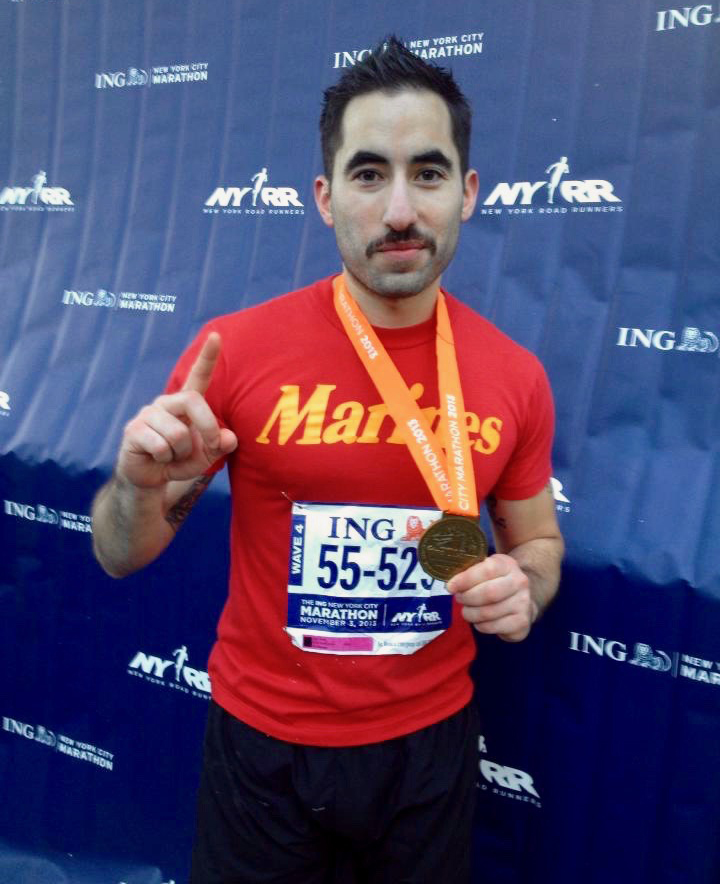
A competitive runner, Derek Coy has participated in several marathons.
“My role is pretty incredible. I get to invest in organizations that are dedicated to improving the health of veterans across New York,” he said. “I’m helping expand some of the services that were vital to my transition out of the service, so it is one of the most fulfilling experiences of my life.”
Derek finds time to volunteer with Puppies Behind Bars. The organization trains prison inmates to raise service dogs for wounded war veterans and explosive detection canines for law enforcement.
He also is a competitive runner, and participated in the United Airlines NYC Half-Marathon on March 19. The event benefited Tuesday’s Children, formed in the aftermath of Tuesday, Sept. 11, 2001, as a response and recovery organization that supports youth, families and communities impacted by terrorism and traumatic loss.
Watch Derek run
Derek was never a running enthusiast. But after his time in Iraq, it became a way for him to temporarily escape his problems related to PTSD and depression.
“Before long, I was running nearly 50 miles a week. I have since run four full marathons and quite a few smaller races,” said Derek, who raised more than $1,500 in finishing the NYC Half-Marathon in a little over two hours.
“I love to travel and explore new places, so running became a way for me to get acclimated to new environments. It really is the best way to get to know a new place, which is one of the ways I got adjusted to living in New York City.”
Giving back to Tuesday’s Children has not only allowed Derek to support the organization’s mission, “but also help in my healing process by continuing to serve others — something instilled in me as a young Marine.”

